113. King George W
The land of the thirteen colonies, which includes the sovereign territory along the Left Bank of the Ohio River near Milepost 606, was once governed by a King, George III, who ruled as King of Great Britain from 1760 to 1820, the second longest reign of any British monarch. (A note should be made that George was declared incompetent in 1811 and the last decade of his reign was lead by his son, the Prince Regent George IV). It was during the early part of George's reign that the American colonies declared their independence and then fought a war to secure that declaration. George lost the colonies.
Since that time, our government has moved through a progession of changes, from a collection of sovereign states to a federal government centrally controlled and funded by a national tax, among other things, all the while making the transition, however troubled or untroubled, from one President to the next, from one Congress to the next, and from Justice to Justice on the Supreme Court. Enter the current leader of the executive branch of the government, George W. Bush, a man who is unmoved by the fact that there are two other co-equal branches of the government he leads, something he would more readily understand if he were remotely familiar with what Senator Robert Byrd calls "America's Rule Book," the United States Constitution. The first three Articles of that august document defines those three co-equal branches. Interestingly, the presidency is listed second, behind the legislative, for whatever that may be worth. Later, under the sixth article, the Constitution declares itself to be "the supreme law of the land." It goes on to state, among other things, that "[t]he Senators and Representatives before mentioned, and the members of the several state legislatures, and all executive and judicial officers, both of the United States and of the several states, shall be bound by oath or affirmation, to support this Constitution."
The president (and those in his administration) have conveniently used the events of September 11, 2001 as an avenue to circumvent the other branches of government and the Constitution. (A note here to be fair: the Congress abdicated their responsibilties in a vote and have yet to reclaim their rightful role in the operation of the Union). Last month, on May 9, 2007, the president took that circumvention to a new high (or low). I am referring to NATIONAL SECURITY PRESIDENTIAL DIRECTIVE/NSPD 51 and HOMELAND SECURITY PRESIDENTIAL DIRECTIVE/HSPD-20, which I've linked to below. You should take a moment to visit this White House site and read about the possible future of the leadership of our Republic. Specifically, under Definitions read (2)(g) where the functions of the three branches are rolled into one - then further under Implementation Actions read paragraphs 6 through 10, which are alarming, to say the least. The legislative and judicial branches, under this Executive Oder, will be overseen by an appointee of the Chief of Staff to the president. State, local, territorial, and tribal governments, as well as the private sector will be controlled by the Secretary of Homeland Security. And who gets to decide when such an order might be put into use and administration? Section 12 assigns that to the President of the United States and no one else.
This should scare you. It does me. I've written before about the possibility that Bush and his ilk will not give up control of the government just because an election was held. After all, they took over the government in 2001 despite the results of an election in 2000 that indicated they had lost, not won. Do you feel they will have any more respect for an election held in 2008 than the one held in 2000? You may find this entry a little hard to accept as serious. I understand that. But the groundwork is being laid. We should at least keep an eye on the contractors doing the work. Again, the link to these Executive Orders is below.
January 20, 2009 can not come fast enough. But, what then?
http://www.whitehouse.gov/news/releases/2007/05/20070509-12.html


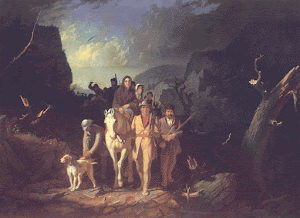












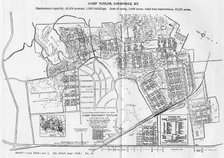


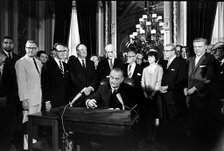


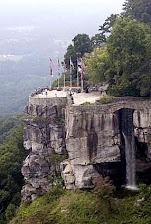

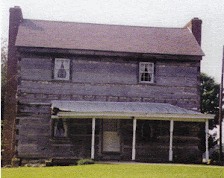



1 comment:
Great blog, Jeff - I'll link to it as soon as I have the time.
Only thing I can find in this post with which to disagree is that Jan. 20, 2009 is not necessarily the end of our national nightmare. I still contend that Bush is going to try to stay in office beyond his current constitutional term.
And I also fear that, even if I'm wrong about the above, the 2008 election will be stolen again, as were 2000 and 04.
I'm even beginning to believe that the minor losses (relatively speaking) in 06 were "permitted" by the election thieves so as to distract attention away from the bigger effort that's pending in 08.
But hey, that's just me. I could be wrong.
Keep up the good work. As Ahnuld so often says, I'll be back.
Rich Miles
Post a Comment